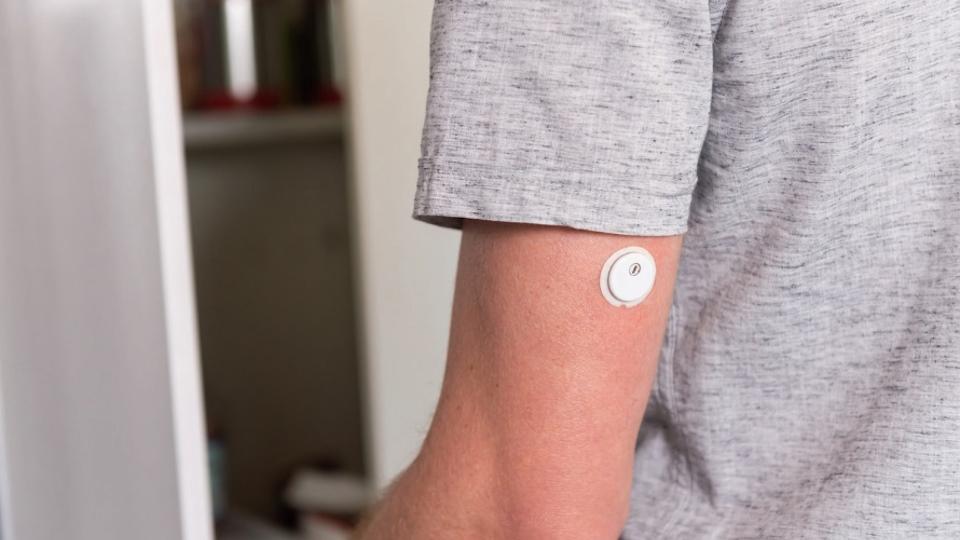Digital programme improves metabolic health in diabetes

A comprehensive digital approach to helping patients manage type 2 diabetes, combining continuous glucose monitoring (CGM) devices, wearables and a mobile app, has been shown to improve metabolic health in a large-scale, real-world study.
The programme combines the generative artificial intelligence (genAI) powered January AI app, which acts as a virtual coach, with Abbott’s Freestyle Libre CGM and either an Apple Watch or Fitbit.
It has been put through its paces in a study involving more than 2,200 people – including people with normal range as well as those with prediabetes and full-blown diabetes – that has just been published in the journal Nature Digital Medicine.
The programme is designed to provide patients with lifestyle recommendations via the app and was tested over a 28-day period to see if it could improve blood glucose levels, with patients also providing data on food intake, physical activity, and body weight and the wearables recording heart rate in order to give an estimate of activity levels.
After that, the patients were given the option of using the system for another two months, either with the CGM and wearable or with the app on its own.
Body weight decreased in all groups, especially those who were overweight or obese. Those who continued the program for 12 weeks lost an average of 4.4 lbs, with a reduction of 2.6 lbs in healthy non-diabetics, 6.8 lbs in those with prediabetes, and 9.4 lbs if they had type 2 diabetes.
Healthy eating habits also improved significantly, according to the researchers. The subjects reduced their daily calorie intake and also boosted levels of protein, fibre, and healthy fats in their diet.
There was no significant improvement in blood glucose time in range (TIR) overall, although there were “notable improvements” in a subgroup of patients who were struggling to maintain glucose levels in the target range at enrolment, write the authors, led by Stanford University scientist and January AI co-founder Michael Snyder.
Meanwhile, there were significant reductions in glucose management indicator (GMI) – which uses CGM data to estimate haemoglobin A1c, a surrogate marker for glucose control over time – and fewer hyperglycaemic events compared to baseline which the researchers say was likely a result of improved diet, weight loss and increased physical activity.
Benefits seen in healthy subjects
Interestingly, there were improvements in blood glucose control even in healthy, non-diabetic subjects who also showed signs of glycaemic “excursions” – times when glucose levels slipped out of normal range – over the course of the study.
“Whether improved glycemia in this population prevents diabetes or improved health outcomes is not currently known, as diabetes prevention studies have been conducted in high-risk individuals with prediabetes,” according to the researchers.
There was no control group, which they acknowledge is a limitation of the study, and they would like to run a randomised trial including a comparator group in future.
Nevertheless, the study suggests it is feasible to encourage lifestyle changes in people using virtual coaching, without any human input, so it could be used to target large numbers of patients, including those with limited access to healthcare.
“Overall, this approach and similar technology-based approaches have the potential to improve metabolic health at early stages, and may increase the efficacy of current practices to prevent and treat [type 2 diabetes] through lifestyle modification,” they conclude.












